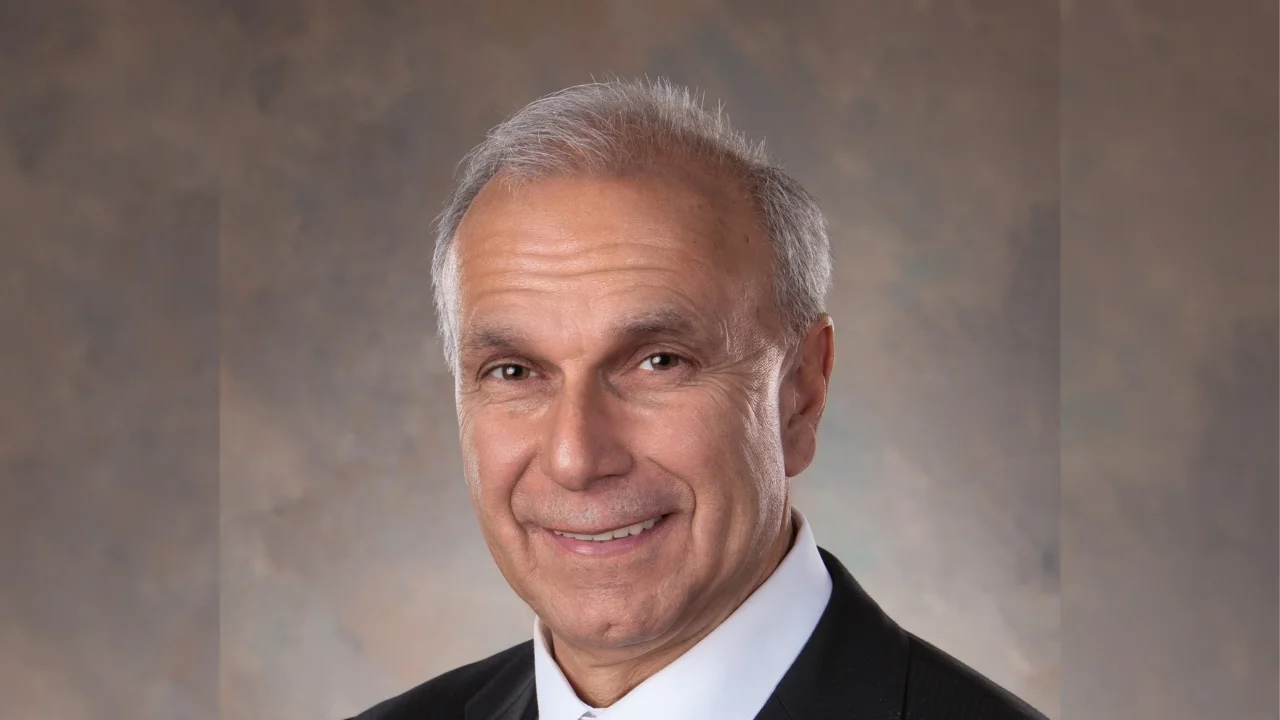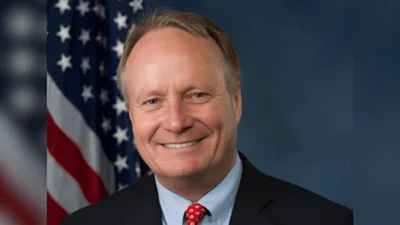State Senator Jerry Cirino | The Ohio Senate
State Senator Jerry Cirino | The Ohio Senate
The Ohio Senate, led by Finance Committee Chairman Jerry Cirino, has introduced a new budget proposal that seeks to implement a flat state income tax rate, overhaul the property tax system, invest further in education, and support economic development initiatives tied to professional sports.
Chairman Cirino emphasized the benefits of the flat tax approach. “This is good news for hard working Ohioans just entering or returning to the workforce,” said Cirino. “Reducing the tax burden has generated substantial returns in the form of economic development." Under the plan, Ohio’s current top income tax bracket of 3.5% would drop to 3.125% in 2025 and then move to a single 2.75% flat tax rate for 2026. Senate President Rob McColley noted, “There are 14 states that have a flat tax. This budget maintains our commitment of reducing the tax burden on Ohioans over the last several General Assemblies.” The proposal also keeps a provision that exempts residents earning up to $26,050 from paying any state income tax.
Property taxes are another focus of reform. Senate President McColley stated, “There is simply no excuse for property taxes to make home ownership unaffordable in Ohio. This legislation is the first step in improving transparency regarding school levies that impact property taxes.” The proposed changes would make most levies anti-inflationary and eliminate both New Replacement Levies and new Emergency Levies. Organizations seeking ballot levies would be required to provide clearer information about their purpose and cost impact on homeowners.
Adjustments to the Homestead Exemption are also included, raising income eligibility from $40,000 to $42,500 and increasing the deduction from $29,700 to $32,000 for seniors and disabled residents; these figures will adjust with inflation over time. Families of public service officers who died in the line of duty would see their deduction rise from $56,000 to $59,000.
The budget places restrictions on school districts with large cash reserves—those holding more than 100% of their operating budgets—by preventing them from placing additional levies on ballots. Districts requesting more funds must now disclose their cash balance as a percentage of their operating budget.
Senator Cirino commented on this balance: “These are kitchen table issues. My colleagues and I believe we have struck the right balance of added accountability to taxpayers while allowing districts to carryover a higher percentage of their cash balance than currently proposed, with a new maximum of 50% of their operating expenses, with an allowance for balances to be applied to capital and maintenance projects within the next three years."
Long-standing tax exemptions such as those for political contributions and data centers would be repealed under this proposal.
Education funding sees an increase with an additional $633.9 million allocated toward K-12 education and preschool special education as part of continuing "The Fair School Funding Plan." The plan also introduces performance-based aid for districts rated highly or showing improvement and offers supplemental funding for districts experiencing enrollment growth.
For economic development, particularly related to professional sports facilities like those planned by the Cleveland Browns in Brook Park, funding will come from Ohio's Unclaimed Funds Program rather than through issuing bonds—a move projected to save $400 million in debt service over 25 years while potentially generating $636 million in incremental state tax revenue over that period. The Browns organization has committed significant private funds as well as establishing financial safeguards against revenue shortfalls.
Senator Cirino described this approach: “This is a forward-thinking plan that acknowledges the economic impact professional sports has on our communities. This program protects taxpayers, promotes growth, and is positive for the General Fund, while putting idle dollars to work that have been sitting in the state treasury, often for decades.”
The budget includes a commitment of $100 million toward addressing housing shortages statewide through investments supporting both urban workforce housing near major developments and rural infrastructure needs.
Overall spending under this balanced biennial budget totals $60.23 billion from general revenue funds.



 Alerts Sign-up
Alerts Sign-up